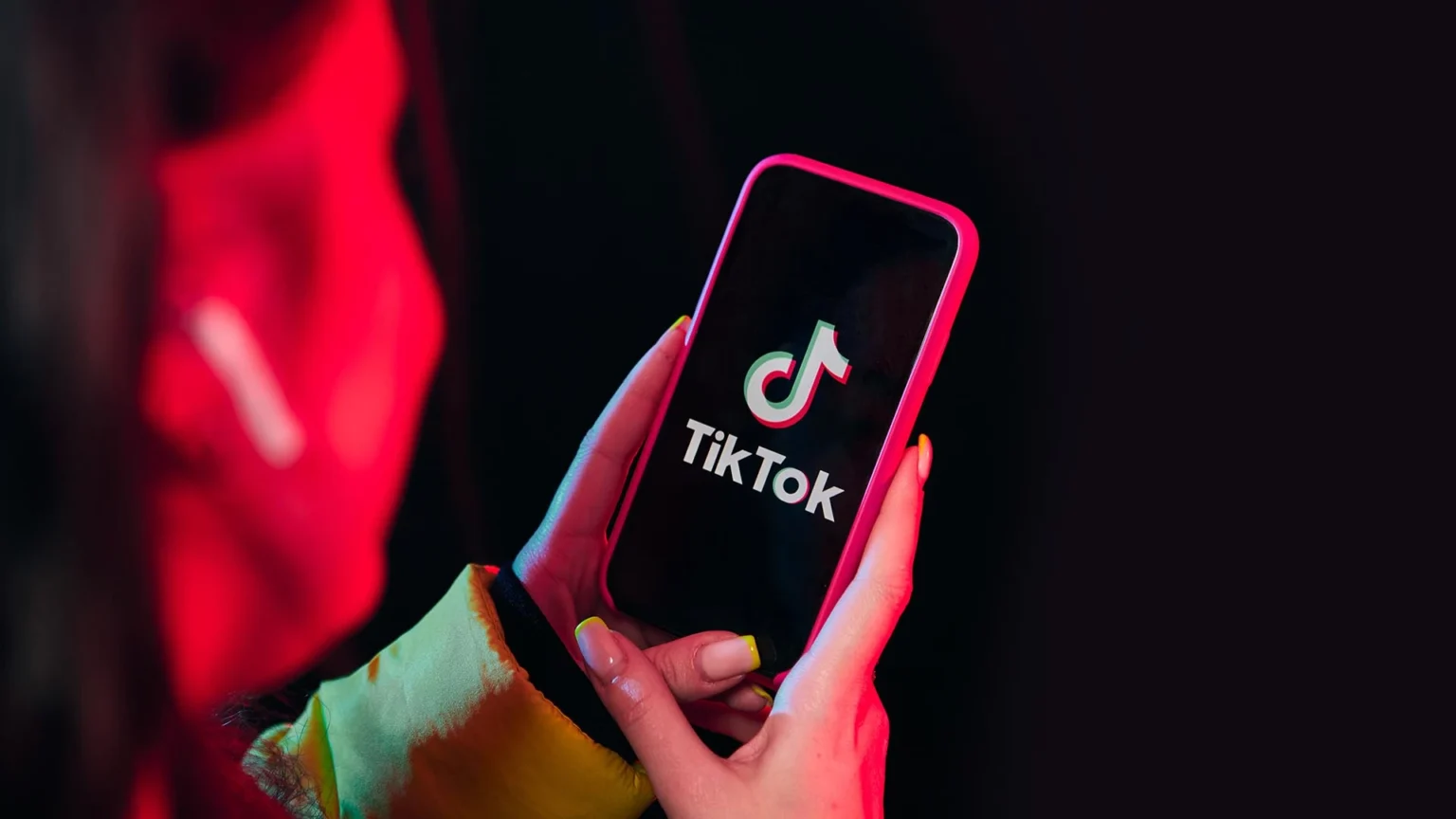China warned on Wednesday that a proposed ban on Chinese-owned video-sharing app TikTok would “inevitably come back to bite the United States”.
The US House of Representatives is set to vote later Wednesday on a bill that would force the app to cut ties with its Chinese owner or get banned in the United States.
The legislation is the biggest threat yet to the video-sharing app, which has surged to huge popularity across the world while raising fears among governments and security officials over its Chinese ownership and potential subservience to the Communist Party in Beijing.
Ahead of the vote, foreign ministry spokesperson Wang Wenbin condemned the proposed ban.
“Although the United States has never found evidence that TikTok threatens US national security, it has not stopped suppressing TikTok,” he said.
“This kind of bullying behaviour that cannot win in fair competition disrupts companies’ normal business activity, damages the confidence of international investors in the investment environment, and damages the normal international economic and trade order,” he added.
“In the end, this will inevitably come back to bite the United States itself,” Wang said.
The vote is likely to occur at 10:00 am (1400 GMT) and is expected to pass overwhelmingly in a rare moment of bipartisanship in politically divided Washington.
The fate of the bill is uncertain in the Senate, where key figures are against making such a drastic move against a hugely popular app that has 170 million US users.
President Joe Biden will sign the bill, known officially as the “Protecting Americans from Foreign Adversary Controlled Applications Act,” into law if it comes to his desk, the White House has said.
TikTok staunchly denies any ties to the Chinese government and has restructured the company so the data of US users stays in the country, the company says.
TikTok CEO Shou Zi Chew is in Washington, trying to shore up support to stop the bill.
“This latest legislation being rushed through at unprecedented speed without even the benefit of a public hearing, poses serious Constitutional concerns,” wrote Michael Beckerman, TikTok’s vice president for public policy, in a letter to the bill’s co-sponsors seen by AFP.




